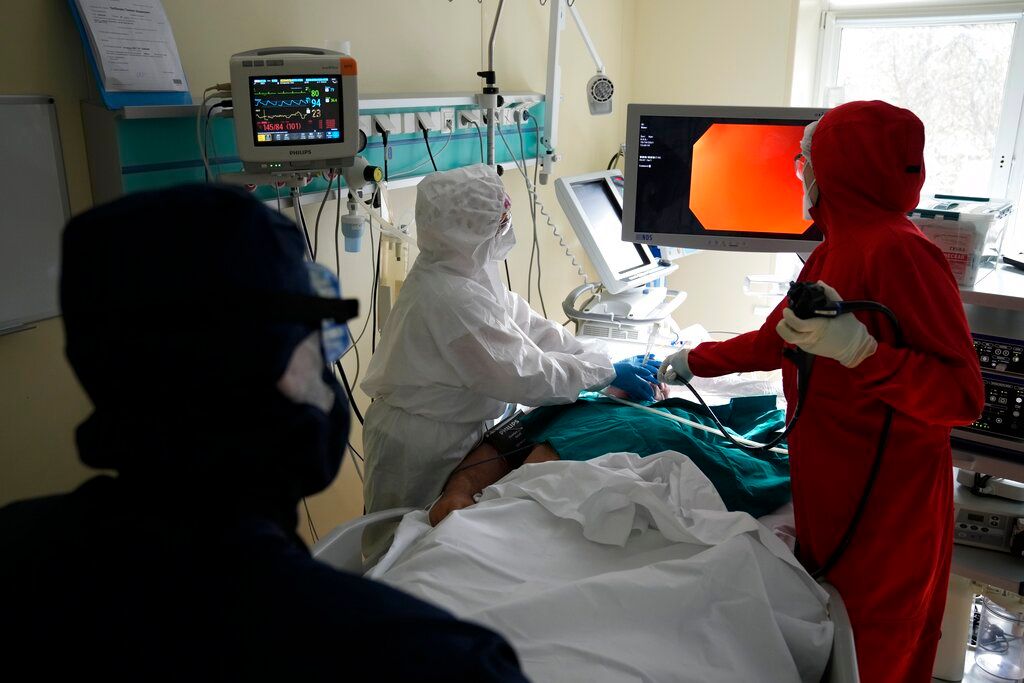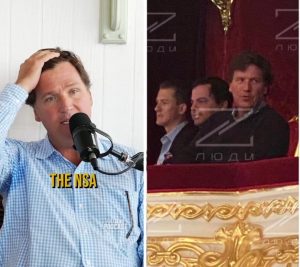As Russia registers its highest COVID-19 infection
numbers since the beginning of the pandemic, authorities in Moscow announced
plans to shut down restaurants, cinemas and non-food stores on Thursday. More
restrictions are expected to be announced later this month. The Russian
government’s COVID-19 taskforce reported 36,339 new COVID-19 cases on Thursday
and as many as 1,036 deaths. Russia’s death toll has now risen to 227,389, by
far the highest in Europe.
Also Read | Jailed Russian opposition leader Alexei Navalny wins top EU prize
Announcing the restrictions, Moscow mayor Sergei
Sobyanin issued a statement saying: “The situation in Moscow continues to
develop in the worst scenario…In the coming days, we will reach a historic peak
in coronavirus battle.”
As part of the new measures to curb the spread of
infection, Moscow has decided to shut all non-essential shops, schools and gyms.
Restaurants will only be allowed to operate as takeaways and theatres will
require proof of COVID-19 vaccination or recovery.
Also Read | Vladimir Putin orders nonwork week in Russia amid rising COVID cases
Russian President Vladimir Putin issued fresh orders
urging citizens to get vaccinated on Wednesday. Putin also announced a
nationwide week-long paid holiday starting October 30 in a bid to curb the
spread of infections. Earlier, Vladimir Putin had expressed consternation about
vaccine hesitancy among the Russian populace.
Also Read | Russian President Vladimir Putin set to snub COP26 climate summit
“Why wait for the illness and its grave consequences?”
Putin had asked Russians adding that he was bewildered by vaccine hesitancy. Vladimir
Putin has vaccinated himself with the domestically-developed Sputnik V vaccine
earlier this year.
As the lockdown takes effect, all non-essential state
and private business have been asked to halt work for 11 days by the mayor of
Moscow.
Earlier this week, Sergei Sobyanin said that
unvaccinated people above the age of 60 will be required to stay at home and
can only go out for brief walks or open-air exercise. The mayor has also told businesses
to keep at least a third of their employees working from home starting three
months from October 25.
Russia was the first country in the world to authorise
a vaccine against coronavirus. The Sputnik V vaccine was authorised in August
2020 and there have been plentiful supplies. However, citizens seem hesitant to
take the shots and some have blamed the scepticism on conflicting signals from
authorities.
(With inputs from Associated Press)







